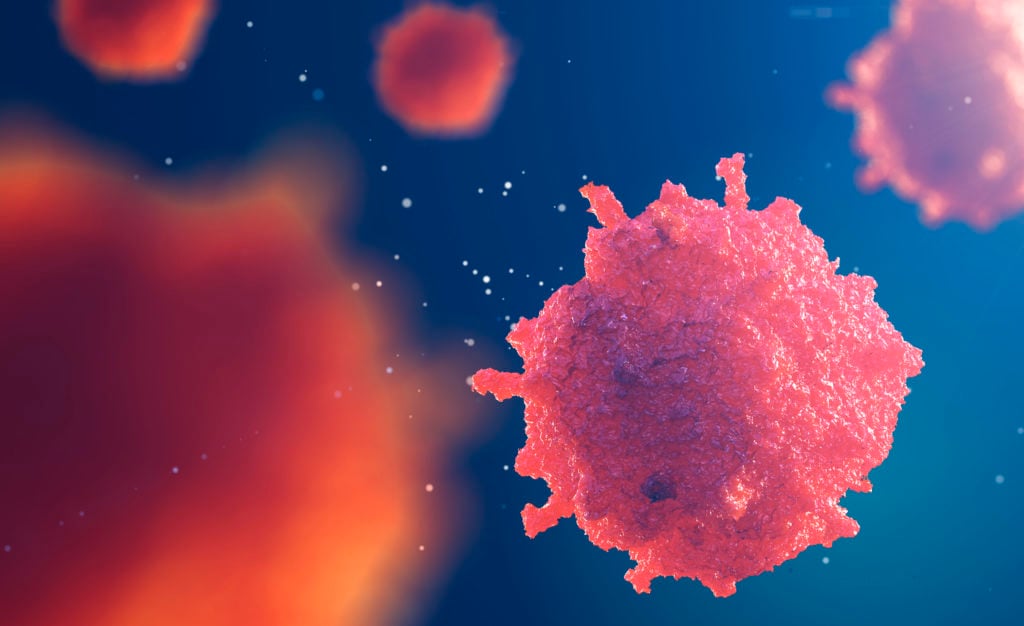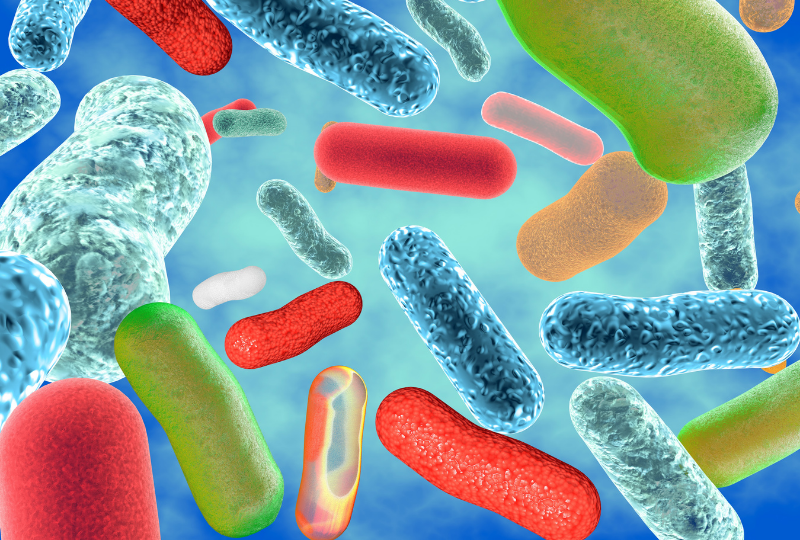 If you know anyone that has tried to lose weight, or have set out on this journey yourself, you know it comes with its fair share of challenges. On the surface, adhering to a balanced diet and engaging in physical activity appears relatively simple; however, as most people are intimately aware, losing weight is not always as easy as it’s said and done.
If you know anyone that has tried to lose weight, or have set out on this journey yourself, you know it comes with its fair share of challenges. On the surface, adhering to a balanced diet and engaging in physical activity appears relatively simple; however, as most people are intimately aware, losing weight is not always as easy as it’s said and done.
This is because being overweight is not about gluttony or laziness, but rather a complex interplay between your biology, environment and behavioural patterns.
Below we explore 4 factors that are a result of this dynamic interplay that may be preventing you from achieving your weight loss goals.
Your metabolic set-point
A relatively unknown fact, is that your weight is under unconscious control; just like blood pressure, blood sugar regulation, pH and body temperature. Essentially, your body weight remains relatively stable (whether that be an unhealthy weight or a healthy weight) due to a mechanism know as your metabolic ‘set-point’. Just as a deviation from your core temperate set-point will elicit a corrective response, your body will execute physiological and behavioural responses to re calibrate your body weight if it goes above or below its metabolic set-point.
That is, your body will adjust your energy expenditure and appetite to restore fat mass back to its set-point; despite your best efforts.
Stress
In any form, stress can represent a significant barrier to weight loss. Under stress, the body releases the hormone cortisol that redirects glucose to your muscles, but consequently causes your blood glucose levels to fall. This can trigger cravings for calorie rich foods that lead to weigh gain and prevent weight loss. Emotional eating is also closely associated with stress. During periods of stress and emotional arousal, individuals tend to increase their food intake, with a preference for what are referred to as ‘hyper-palatable’ foods (high in fat, sugar, flavours and food additives), again contributing to weight gain. Seeking the advice of a qualified healthcare Practitioner can help you build mental and emotional resilience, which may just be the answer you need to achieve your weight loss goals if you suffer from chronic stress.
Sleep
Poor sleep quality or quantity can stifle your weight loss by reducing your metabolic rate, increasing cravings and impacting appetite regulation. Research has found inadequate sleep to be associated with an increase in weight, body mass index, waist and waist-to-hip ratio; and there is also evidence that it drives up the set-point. Disturbed sleep ultimately affects your energy balance, heavily influencing what you eat, how much you eat, as well as your willpower and motivation to exercise. If a good night’s sleep is something you dream of, talk to your Practitioner who can help you restore healthy sleep patterns.

Inflammation
Often overlooked, inflammation can be a silent barrier to weight loss. Inflammation can raise blood glucose levels that can trigger weight gain, whilst excess stored fat produces inflammation in your body. Reducing your fat mass can greatly assist in lowering levels of inflammation, however as toxins are stored in your fat cells, liberating these toxins during weight loss, can further promote inflammation, once again impeding your weight loss. A Practitioner can recommend additional anti-inflammatory support or a tailored clinical detoxification program to assist you with your weight loss if you require this extra support.
Don’t do it alone
Losing weight is not always easy and everyone will face their own challenges at some point. Seeking the advice of a qualified health Practitioner who specialises in weight loss can offer you personalised care to address the specific challenges you may encounter on your weight loss journey.







 There’s a lot we have learned about the gut microbiome, some of which has led to groundbreaking discoveries about human health.
There’s a lot we have learned about the gut microbiome, some of which has led to groundbreaking discoveries about human health.